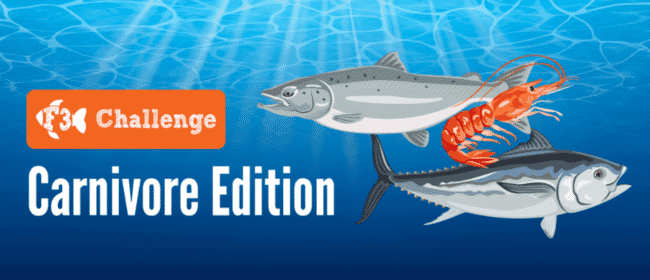
The F3 - Future of Fish Feed-organised sales competition, designed to accelerate the development and adoption of fishmeal and fish oil replacements in aquaculture feed, extended the previously announced deadline due to the Covid-19 pandemic.
“We are excited to resume the challenge,” said Kevin Fitzsimmons, a professor at the University of Arizona and F3 chair. “We appreciate the patience of our current contestants who signed up early to ensure those who needed extra time to announce their participation due to the global pandemic could do so.”
Japanese aquaculture company Dainichi Corporation recently joined the competition, with their feed designed for red sea bream.
Seven competitors are currently registered for the contest, and many are seeking partners. The feed submission and partnership deadline is 30 November 2021. The contestants include:
- BGreen Technologies, a young startup based in India, is competing in the “other carnivorous species” category with its Asian seabass feed.
- Founded in 2012, U.S.-based Chapul Farms, farms and formulates functional proteins from black soldier flies for food and feed ingredients by raising its soldier fly larvae on agricultural by-products, primarily for salmonid feed. Chapul Farms is seeking sales partners for the challenge.
- Japan-based Dainichi Corporation is a vertically integrated aquaculture manufacturer producing feed primarily for yellowtail (Hamachi) and sea bream (Madai) and farming bluefin tuna (Kuro maguro) and masu salmon (Satsuki masu).
- Empagran, an aquaculture company with 3,000 hectares (7,413 acres) of shrimp ponds in Ecuador, a packing plant, hatchery, and feed mill, is selling a fish-free feed for white shrimp (Litopenaues vannamei) in partnership with Veramaris. Empagran’s feed contains soybean meal and Veramaris’ algal oil rich in both EPA and DHA.
- Jiangsu Fuhai Biotech Co, founded in Haian, China in 2015, uses fermented dehulled full fat soybean as a raw material for use in feed for salmonid, shrimp and other carnivorous species. Jiangsu Fuhai Biotech is seeking product development and sales partners for all three award categories.
- UK-based Remediiate grows microalgae at scale and is seeking product development partners to formulate a finished feed to compete for the shrimp category.
- Star Milling Co is selling rainbow trout feed containing a barley protein concentrate produced by its partner Scoular Company. The patented process Scoular uses to obtain its high-quality, nutrient dense and highly digestible protein source is an ideal complement to replace fishmeal in aquaculture and pet food.
Each year, an estimated 16 million tonnes of wild fish are caught exclusively for use as fishmeal and fish oil in global food production. Salmon aquaculture, one of the fastest growing food production systems in the world, supplies roughly 70 percent, or 2.5 million tonnes, of all salmon produced. Salmon farms use over 20 percent of the fishmeal and 60 percent of the fish oil consumed by the aquaculture sector.
Today, over half of the global shrimp supply is farmed. Global shrimp farming production, which reached nearly four million tonnes in 2018, according to the UN Food and Agricultural Organization, is also one of the dominant consumers of the global fishmeal supply. A recent study found that if "business as usual" continues, forage fisheries will reach ecological limits by 2037.
The F3 Challenge aims to make it unnecessary to use wild fish in feeds, so that they can remain in the environment for other species, and aquaculture’s growth becomes unconstrained from wild resource availability, assuring greater food security in the future.
The qualifying feeds for all prize categories must not contain any ingredients consisting of, or derived from, marine animals, including but not limited to: fish, squid, shrimp, or krill.




